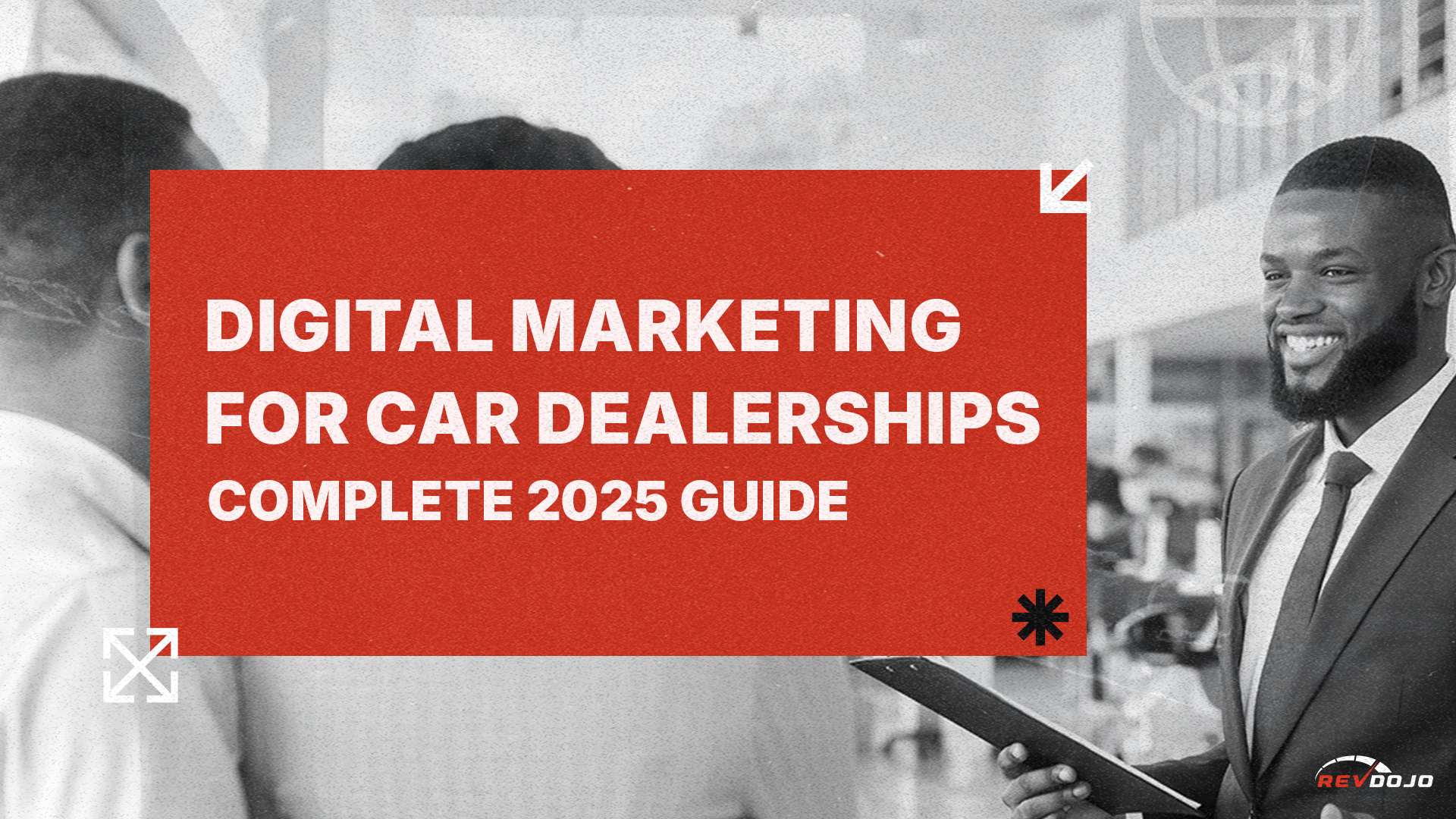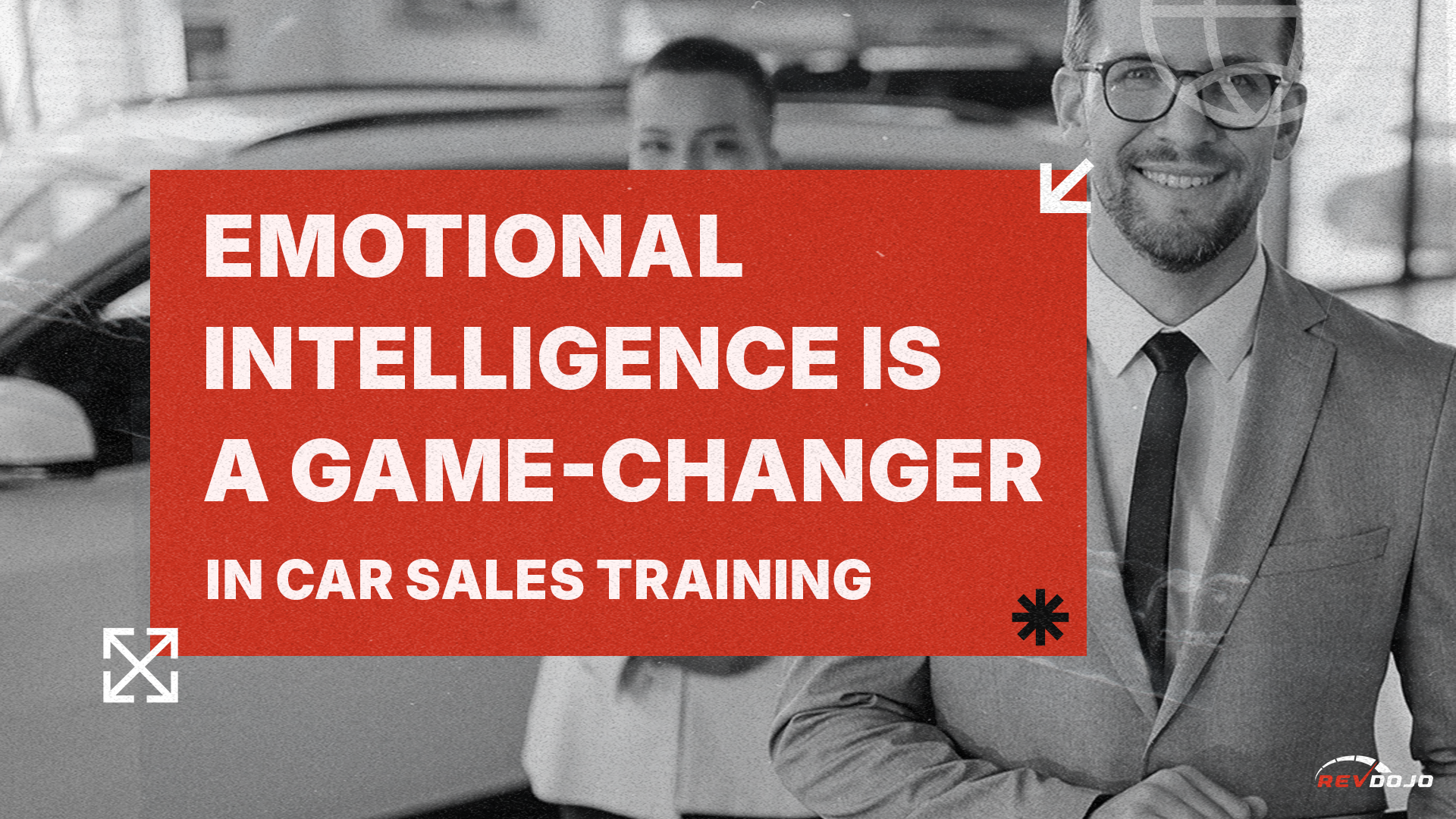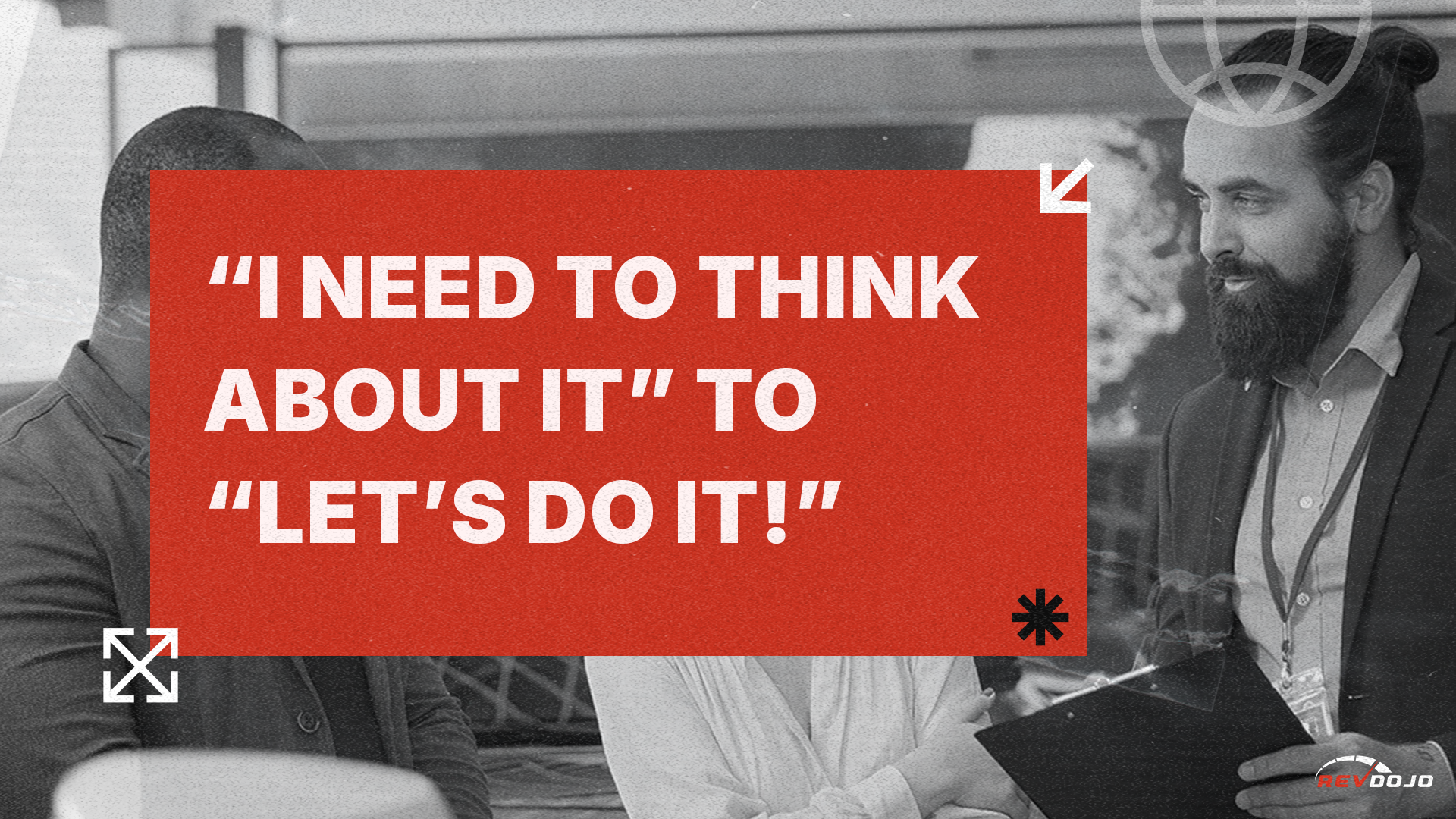Published 02 Oct 2023
Car Sales Training: Gathering Information the Right Way
VOTD
Video of the day
car sales training
sell more cars
Automotive Sales Training
Dealership Training
How to sell more cars
How to sell cars at a dealership
car salesman
car sales tips
how to sell cars
selling cars
sales training
car sales tricks
sell 30+ cars a month
In today's highly competitive automotive industry, car sales professionals must equip themselves with the right skills and knowledge to succeed. Effective car sales training is the key to achieving success in this field. One crucial aspect of this training is learning how to gather information about customers and their needs efficiently. In this comprehensive guide, we will explore the art of gathering information the right way, helping car salespeople build trust, provide personalized service, and ultimately boost their sales performance.
The Importance of Information Gathering
Successful car sales don't begin with pushing a car onto a customer; they start with understanding what the customer truly wants. Information gathering helps you identify their preferences, budget, and unique needs. This insight allows you to tailor your approach and build trust.
Building Rapport with Customers
Before diving into questions, it's crucial to establish rapport with customers. A friendly demeanor and a genuine interest in helping them go a long way in making customers comfortable enough to share their requirements.
Effective Questioning Techniques
Asking the right questions is an art. Open-ended questions encourage customers to talk and provide valuable information. Closed-ended questions are useful for clarifying specific details. Mastering this skill is essential.
Active Listening
Listening actively means paying full attention to what the customer is saying. This not only helps you gather information but also shows respect and empathy, making the customer feel valued.
Analyzing Customer Needs
Once you've gathered information, it's time to analyze it. Identify patterns and preferences to gain a deeper understanding of what the customer is looking for in a vehicle.
Tailoring the Sales Pitch
Armed with customer insights, you can now tailor your sales pitch to match their needs precisely. This personalization significantly increases the chances of closing the deal.
Providing Solutions
Show customers that you have the perfect solution for their needs. Highlight the features and benefits of the vehicles that align with their preferences.
Overcoming Objections
Addressing objections is a common challenge. Use the information you've gathered to offer convincing counterarguments and put customers at ease.
Closing the Deal
Closing a sale requires finesse. Apply your knowledge to guide customers toward making a decision that benefits them.
Follow-up and Customer Retention
Information gathering doesn't end after the sale. Maintain contact with customers and use the data you have to provide ongoing support and build loyalty.
Using Technology to Aid Information Gathering
In today's digital age, there are numerous tools and software options available to streamline the information-gathering process. Explore how technology can enhance your abilities.
Continuous Learning and Improvement
The automotive industry is ever-changing. Stay updated with the latest trends, techniques, and customer preferences to ensure you remain a top performer.
Case Studies: Real-World Scenarios
Learn from real-life examples of successful information-gathering and sales techniques in action.
Conclusion
In the world of car sales, the ability to gather information effectively is a superpower. It allows you to connect with customers on a deeper level, provide tailored solutions, and ultimately boost your sales performance. By following the steps outlined in this guide, you'll be well on your way to becoming a master of the art of gathering information.
Frequently Asked Questions (FAQs)
-
What if a customer is reluctant to share information?
- Building rapport and trust is key. Be patient and reassure them that you're there to help, not pressure them.
-
How can I remember all the details about different car models?
- Use cheat sheets and reference materials to help you quickly access information about various car models.
-
Are there any online courses for car sales training?
- Yes, many online courses offer comprehensive training in car sales techniques and information gathering.
-
How do I handle difficult objections from customers?
- Use the information you've gathered to address objections with relevant solutions and data.
-
What's the best way to follow up with customers after a sale?
- Personalized emails, phone calls, and even handwritten thank-you notes can help maintain customer relationships after a sale.
For more resources and tips on excelling in car sales training, access our exclusive guide.
All blog posts

Automotive Digital Marketing for Car Dealerships: A Complete 2025 Guide

Emotional Intelligence is a Game-Changer in Car Sales Training

From 'I Need to Think About It' to 'Let’s Do It

From Showroom to Sold: The Psychology of Nurturing Car Sales Leads

The Role of Customer Experience in Closing More Automotive Sales

Top-Rated Automotive Internet Sales Training for Dealership Teams

Why Dealerships With Good Car Inventory Win (And How to Make Sure Yours Does)

Driving Sales Success: The Power of Accountability and Consequences in Automotive Sales Training

Top 10 Automotive Sales Tips to Turn Cold Leads into Hot Prospects

From Rookie to Rockstar: How RevDojo Transforms Car Sales Careers
RevDojo is the all-in-one solution for automotive businesses looking to thrive in today's competitive market.
© 2024 Revdojo. All rights reserved.